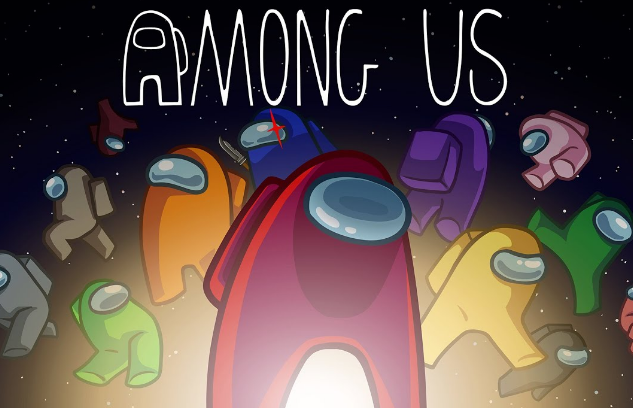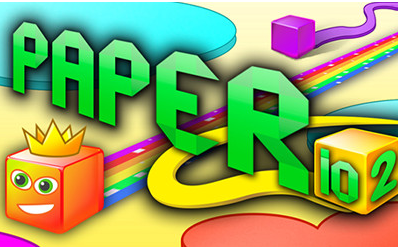"Among Us": The Phenomenon Redefining Social Deduction Games
In recent years, the gaming world has witnessed the rise of a unique genre that blends strategy, deception, and teamwork—social deduction games. Among these, "Among Us," a game developed by InnerSloth, has emerged as a standout success, captivating millions with its engaging gameplay and social dynamics. Released in 2018, "Among Us" saw a surge in popularity during the COVID-19 pandemic, becoming a cultural phenomenon and redefining how we approach online multiplayer experiences.
The Basics of Gameplay
At its core, "Among Us" is a multiplayer game where players assume one of two roles: Crewmates or Impostors. Crewmates work together to complete tasks around a space-themed map, such as repairing systems or gathering resources. Meanwhile, Impostors, who blend in with Crewmates, aim to sabotage the mission and eliminate players without being detected.
The game unfolds in rounds, where players can report dead bodies or call emergency meetings to discuss and vote on who they believe the Impostors are. This voting mechanism is central to the game's strategy, as players must use clues, observations, and social skills to deduce the identities of the Impostors while defending themselves from suspicion.
A Social Experience
What sets "Among Us" apart is its emphasis on social interaction. Unlike traditional games where strategy is often confined to gameplay mechanics, "Among Us" thrives on verbal communication, persuasion, and psychological manipulation. The ability to discuss and debate in real-time adds a layer of intrigue and excitement. The game's simplicity—easy-to-understand rules and controls—allows players of all skill levels to join in, making it accessible and enjoyable for a broad audience.
The dynamics of trust and deception play a crucial role. Crewmates must rely on each other’s reliability and vigilance, while Impostors must master the art of blending in and misleading others. This interplay creates intense, often hilarious, scenarios where alliances are formed and broken based on shifting suspicions and limited information.
Cultural Impact and Popularity
"Among Us" gained widespread recognition through popular streaming platforms and social media. Influencers and content creators on Twitch and YouTube showcased the game's thrilling and comedic moments, contributing to its viral success. The game's popularity was further fueled by its availability on multiple platforms, including PC, iOS, and Android, allowing players to connect and enjoy the game regardless of their device.
The pandemic era, with its increased reliance on digital communication and entertainment, provided a perfect backdrop for "Among Us" to thrive. The game became a virtual social hub, where friends and family could gather, interact, and share experiences in a playful and engaging environment. This aspect of "Among Us"—its ability to bring people together in a time of physical distancing—demonstrates the power of games to foster community and connection.
The Future of Social Deduction Games
The success of "Among Us" has sparked renewed interest in social deduction games and inspired other developers to explore similar concepts. The game's influence is evident in the emergence of new titles and adaptations, each seeking to capture the magic of blending social strategy with interactive gameplay.
As "Among Us" continues to evolve with updates and new content, its impact on the gaming landscape is undeniable. It has redefined how we perceive and engage with multiplayer games, highlighting the importance of social dynamics in creating memorable and immersive experiences.
In conclusion, "Among Us" is more than just a game; it is a cultural phenomenon that has reshaped the social gaming experience. Its blend of strategy, deception, and social interaction has captivated millions, proving that in the realm of multiplayer gaming, the bonds we form and the stories we create are as important as the gameplay itself.












